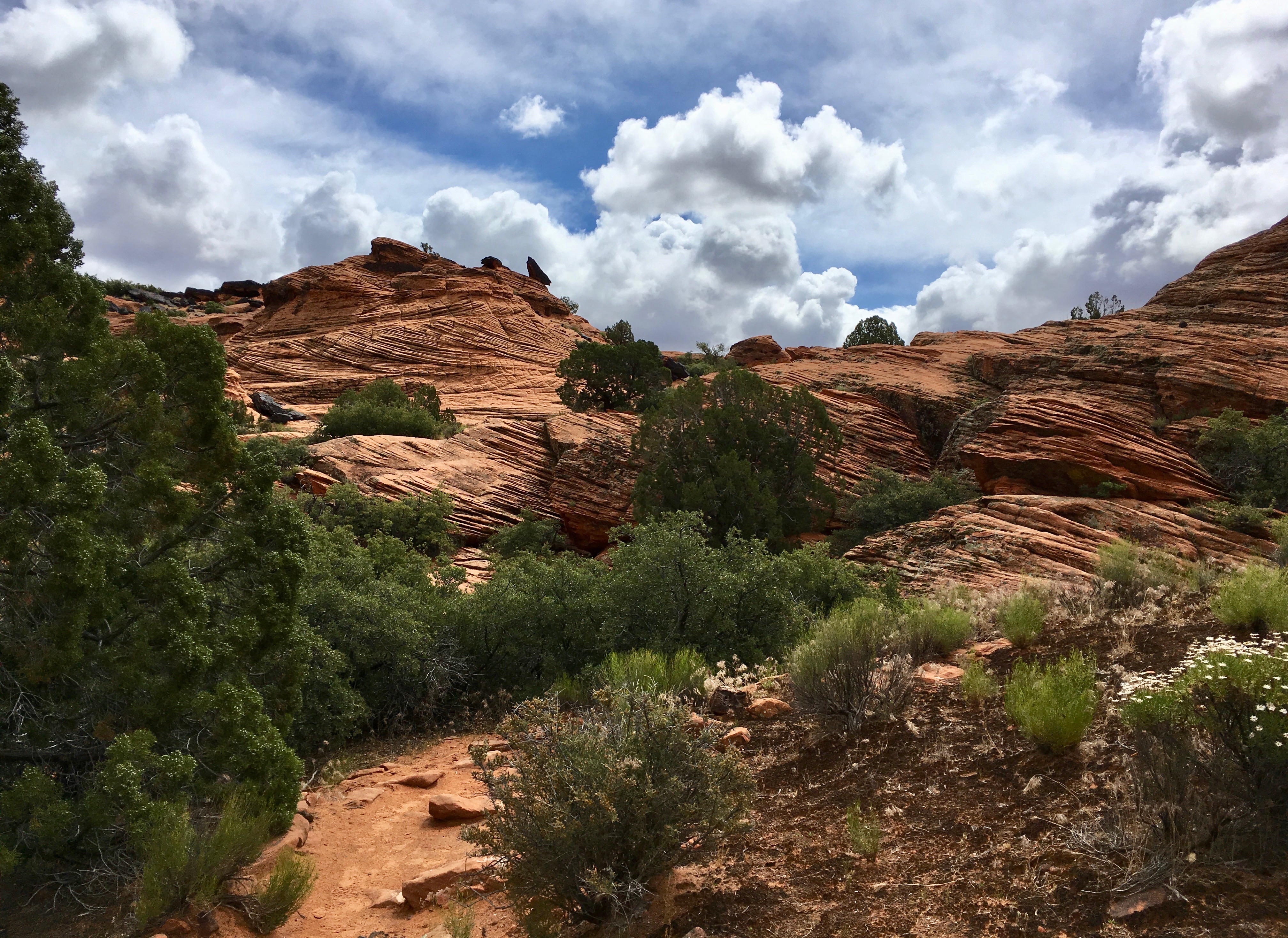This summer I’m offering “40 Questions for 40 Walks: Toward Everyday Living for Justice”—a self-paced e-course to support deep-diving into conditioned ways of living, being, and intervening in the world.
My hope is that these 40 questions provide structure and invite attention to a wide range of matters that factor into everyday life, yet may be easily taken-for-granted or overlooked as important to social justice, racial justice, and environmental justice.
Why Walking?
This structure of “40 questions for 40 walks” arose from my experience of doing self-work on walks. I recently turned 40 and decided to gift to myself 40 miles of solo-hiking, a process that invited much self-inquiry and self-assessment. As I turned over questions about how I’m striving and often still failing to live out my commitments to justice, I decided to begin writing down the questions with the hope that they may speak to and support others in similar self-work.
As I hope is clear from the course description, this practice doesn’t require walking. There are many ways to engage with the 40 questions, including through guided meditation or journaling in outdoor spaces.
Still, as both a hiker and someone interested in embodied experiences, I find that walking invites us to think in full-body ways, considering the heart, head, and hands. It’s often through walking that I slow down and tire myself out enough to work with what’s hard to confront in everyday living. It’s also through walking that I access more natural spaces and learn from/with/in nature.
As such, walking becomes much more than self-care, as I believe is reflected in the metaphorical language of “walking,” “pathways,” and “taking steps” that is used widely in social justice discourse.
Specifically, I am very influenced by the work of community organizer Myles Horton and critical educator Paulo Freire. Their conversations on education and social change became the book We Make the Road By Walking, a book that emphasizes that small and sustained actions—those represented by “walking”—matter.
As evidenced in Martin Luther King, Jr.’s oft-cited quote about “taking the first step,” Sarah Ahmed’s analysis of pathways, and Beverly Daniel Tatum’s visualization of moving walkways, the imagery of walking factors large in social justice discourse, providing lessons about the importance of consistent, counter-normative work for the long haul.
Whether or not you can or choose to engage in any physical or literal walking, the metaphor highlights the importance of small steps toward learning how to live differently, how to tread alternative paths. And efforts to reflect on ourselves, our collective responsibilities, and our response-abilities are needed now and needed regularly.

Want to Learn More?
Feel free to contact me if you’d like to learn more about this self-paced e-course.
Truly, there are many ways to participate:
- You could make it a 40-day practice, pairing a question with a walk for 40 days toward new habit formation.
- You could slow down the practice, stretching it out over a summer or several seasons.
- You could spend additional time with any question that piques your interest or leaves you asking more.
- You could work through the questions as they’re ordered, or try an alternative order.
- You could write additional questions of your own, and continue the practice well beyond 40 walks.
Whatever you choose, I hope you’ll listen to what your body wants and needs. And I hope that the metaphors associated with walking help us remember the importance of both taking steps (small actions) and committing for the long haul (staying in the work day after day).
—
This post is written by Beth Godbee, Ph.D. for Heart-Head-Hands.com. For more posts like this one, you might try “Choosing to Tread Another Path” or “Beyond Self-Care: How Hiking Invites Self-Work.”
If you appreciate this site, if you connect with the storytelling, or if you use any of the recipes or resources, consider making a one-time or sustaining donation. Please also consider subscribing to posts and liking this blog on FB. Thanks!




Leave a Reply